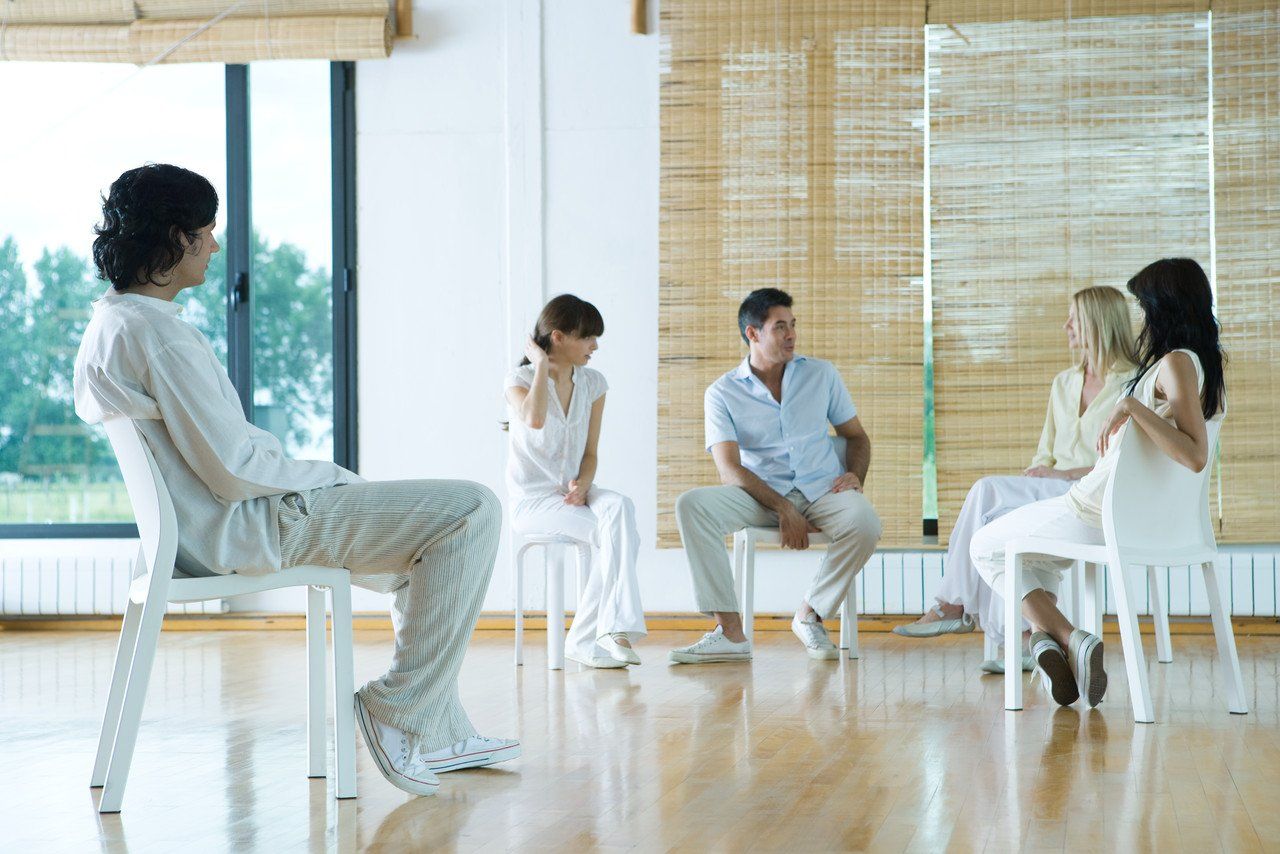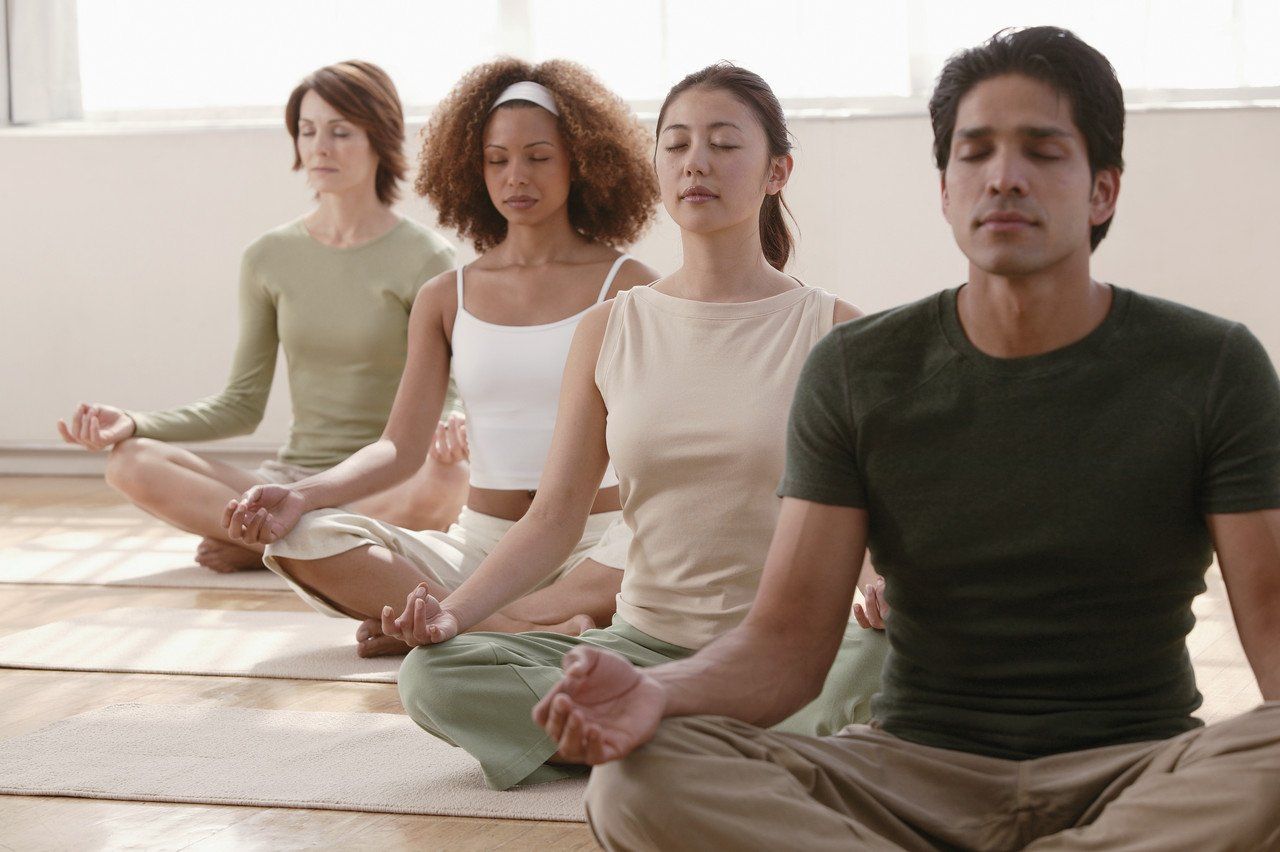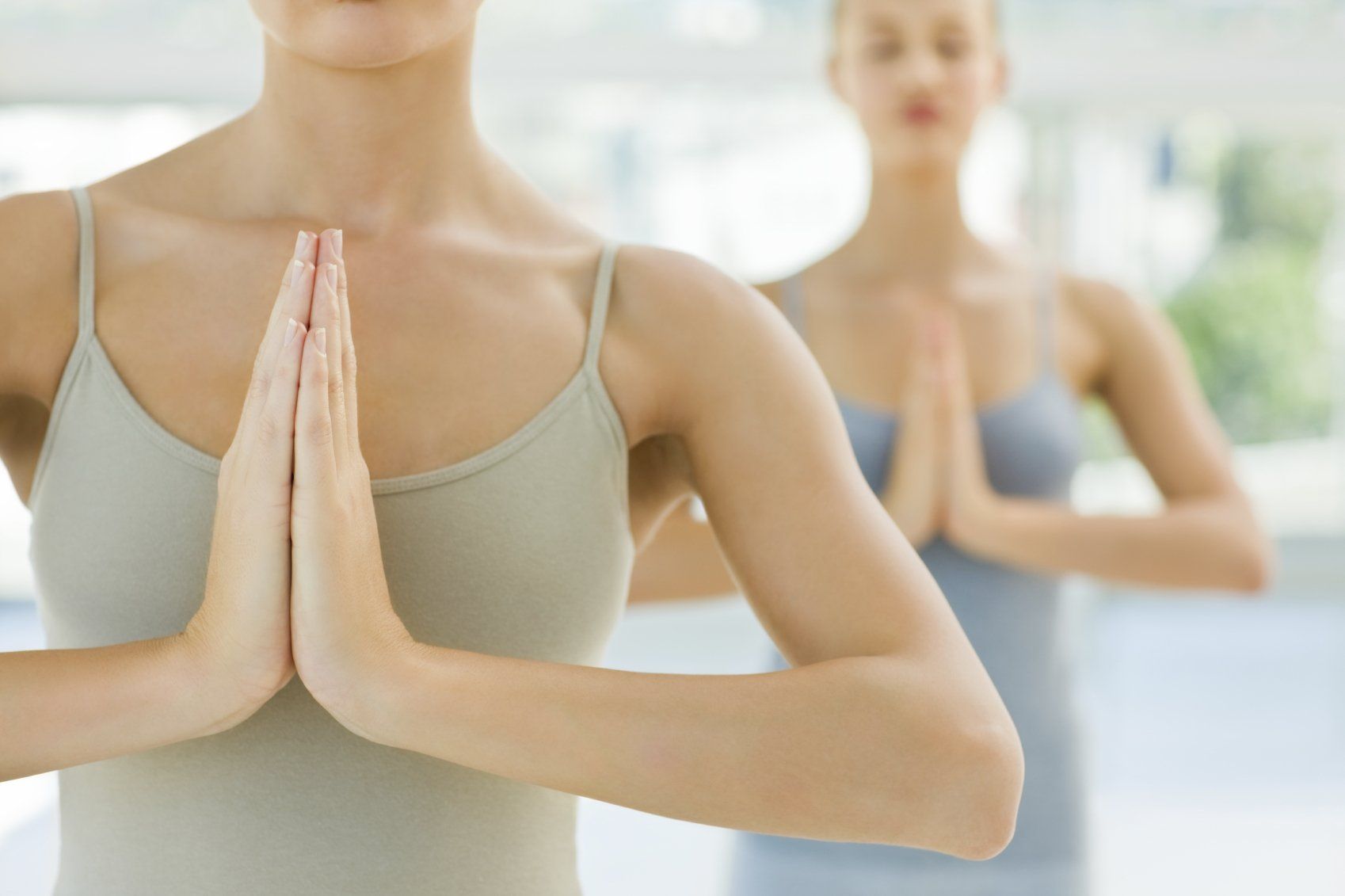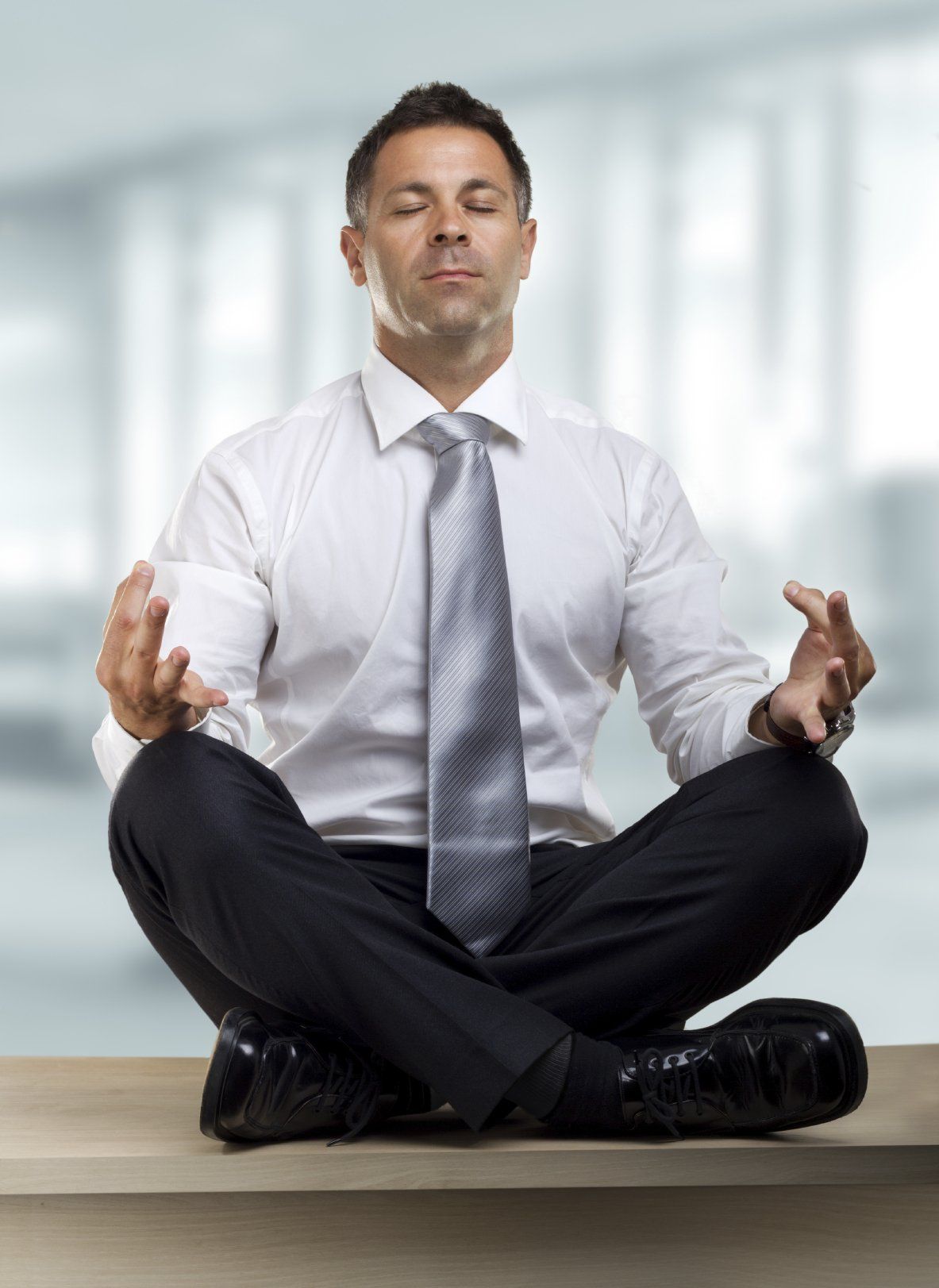Multitasking, rapidly increasing work pace and pressure can lead to health problems and even burnout.
Relaxation therapy - accompanying and preventive
Clinical relaxation techniques and Far Eastern methods
Relaxation therapy can be used to treat a variety of health problems and conditions, particularly stress, anxiety, and sleep disorders. Some of the most common uses of relaxation therapy include:
1. Stress management: Relaxation therapy can help reduce stress, promote relaxation, and reduce the physical and emotional effects of stress.
2. Anxiety disorders: Relaxation techniques such as progressive muscle relaxation, breathing exercises and visualization can help relieve anxiety and reduce the body's stress response.
3. Sleep disorders: Relaxation therapy can help improve sleep disorders by promoting sleep quality and supporting relaxation before bedtime.
4. Pain management: Relaxation techniques can be used to relieve pain, especially chronic pain, headaches and muscular tension.
5. High blood pressure: Relaxation therapy can help lower blood pressure and reduce the risk of cardiovascular disease.
It is important to note that relaxation therapy should be considered a complementary therapy and not a replacement for conventional medical treatments. Before deciding on relaxation therapy, it is advisable to discuss the best options for your individual situation.
There are a number of studies that have examined the effectiveness of relaxation techniques such as autogenic training, progressive muscle relaxation and Qi Gong in treating stress, anxiety, sleep disorders and other mental health problems. Here are some examples of evidence studies on these relaxation techniques:
Autogenic training:
1. "The efficacy of autogenic training in improving sleep quality and psychological well-being in patients with fibromyalgia" (2012) - This study investigated the efficacy of autogenic training in improving sleep quality and psychological well-being in patients with fibromyalgia. The results suggested that autogenic training may be an effective method for managing sleep disturbances and psychological distress in fibromyalgia patients.
2. "The effects of autogenic training on anxiety levels and quality of life in patients with rheumatoid arthritis" (2011) - This study investigated the effects of autogenic training on anxiety levels and quality of life in patients with rheumatoid arthritis. The results showed that autogenic training led to a significant reduction in anxiety levels and an improvement in quality of life in the patients.
Progressive Muscle Relaxation:
1. "The effects of progressive muscle relaxation and autogenic relaxation on young soccer players' mood states" (2019) - This study investigated the effects of progressive muscle relaxation and autogenic training on the mood states of young soccer players. The results showed that both relaxation techniques led to a significant improvement in the mood states of the players.
Qigong:
1. "Effect of qigong on self-rating depression and anxiety scale scores of COPD patients: A meta-analysis" (2018) - This meta-analysis investigated the effects of Qi Gong on self-rating depression and anxiety in patients with chronic obstructive pulmonary disease (COPD). The study concluded that Qi Gong can contribute to a significant reduction in depression and anxiety in COPD patients.
Respiratory therapy:
Breath therapy focuses on the conscious control of breathing to promote physical and mental relaxation, reduce the stress response, and improve respiratory function. In both medicine and naturopathy, breath therapy is used to treat anxiety disorders, respiratory conditions, and to promote relaxation.
Zen meditation:
The Zen counting technique is a form of meditation used in the Zen tradition. It is a simple yet powerful method to calm the mind and promote mindfulness.
It is important to note that the effectiveness of relaxation techniques may vary depending on the condition and patient variables. Discussing the best treatment options is recommended.
For further information on the individual courses / relaxation techniques, please click on the corresponding picture









